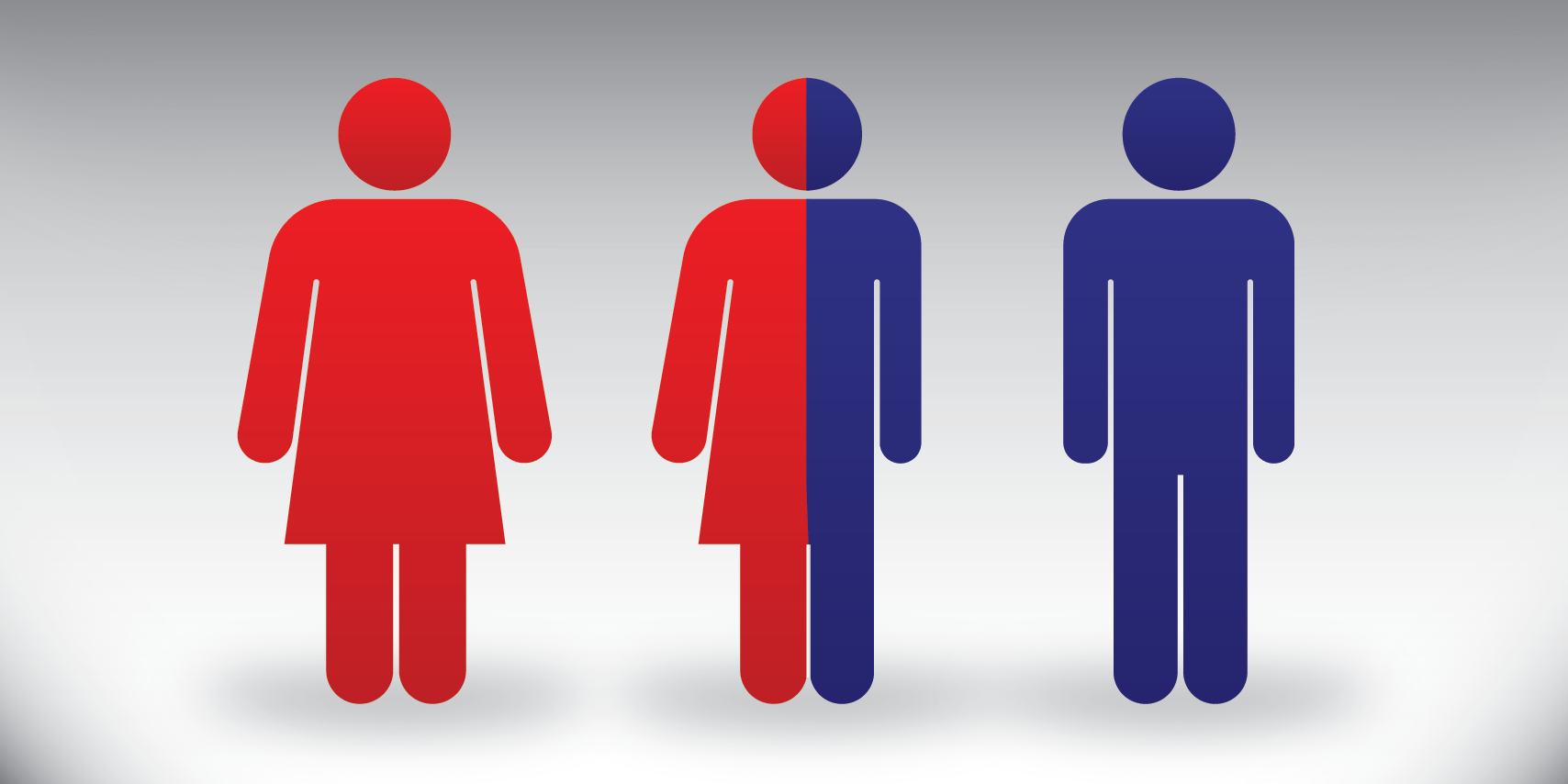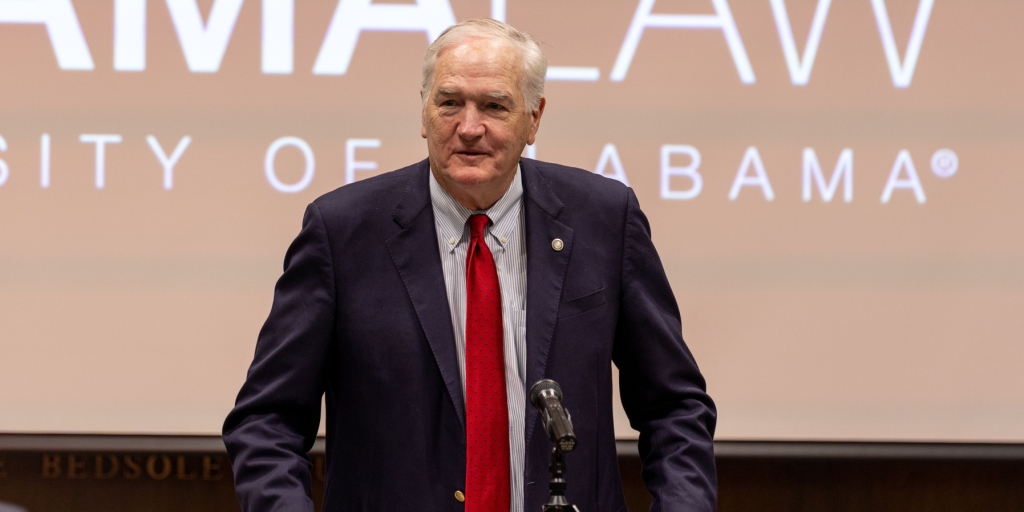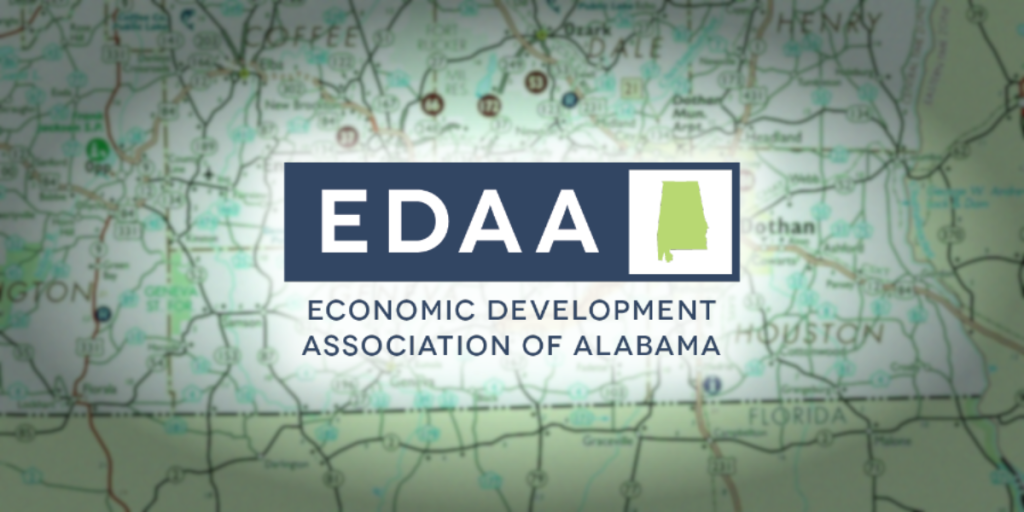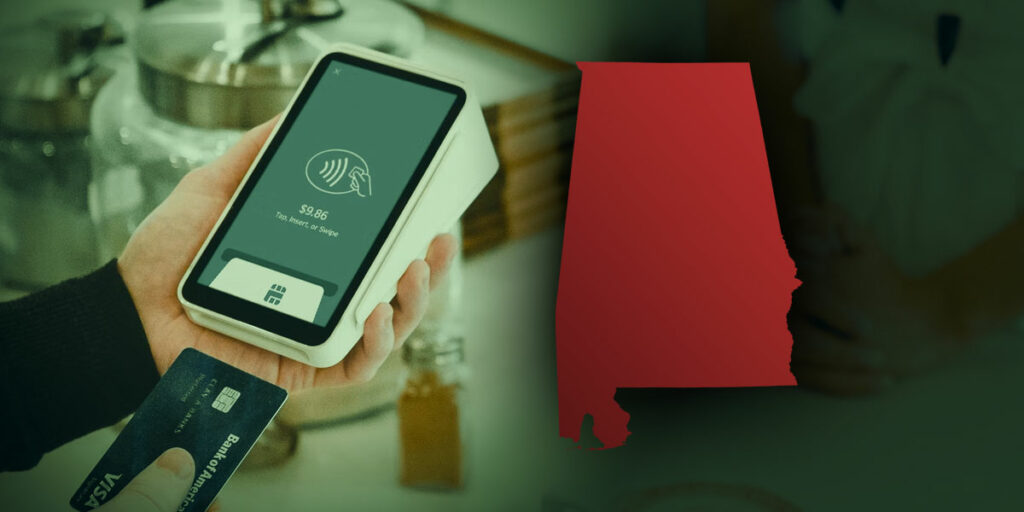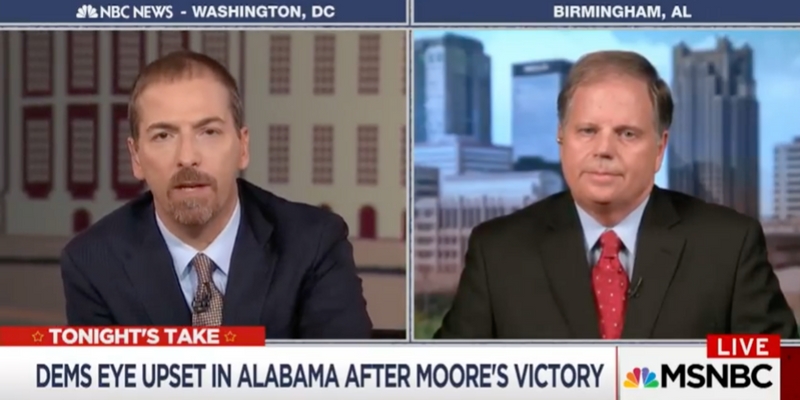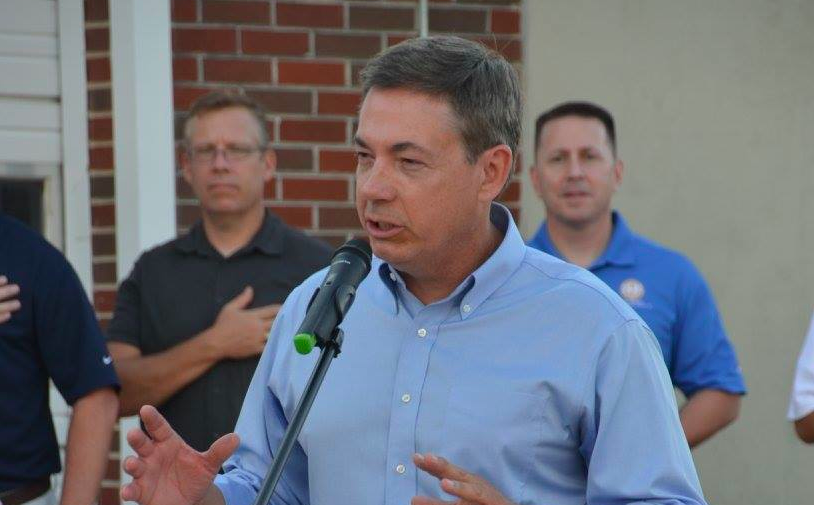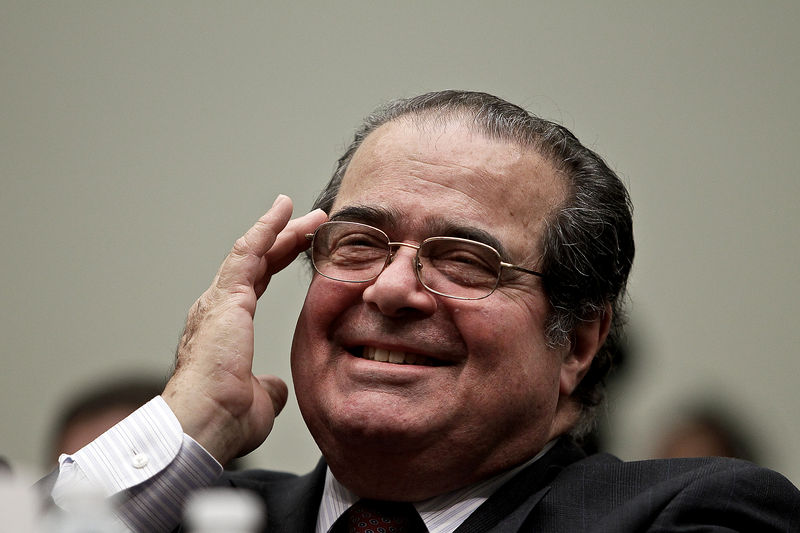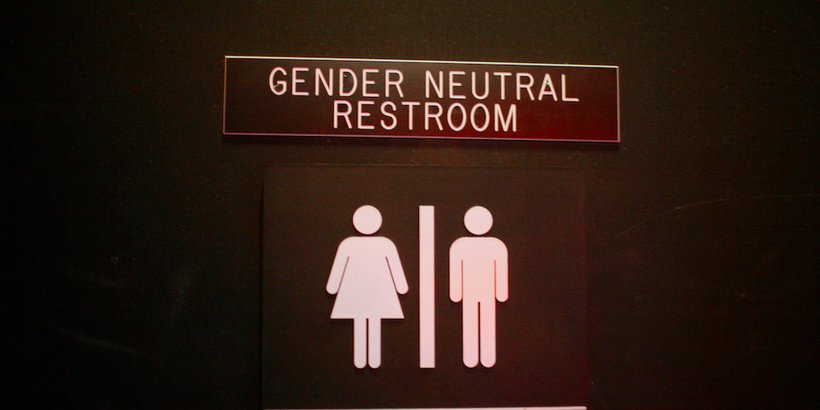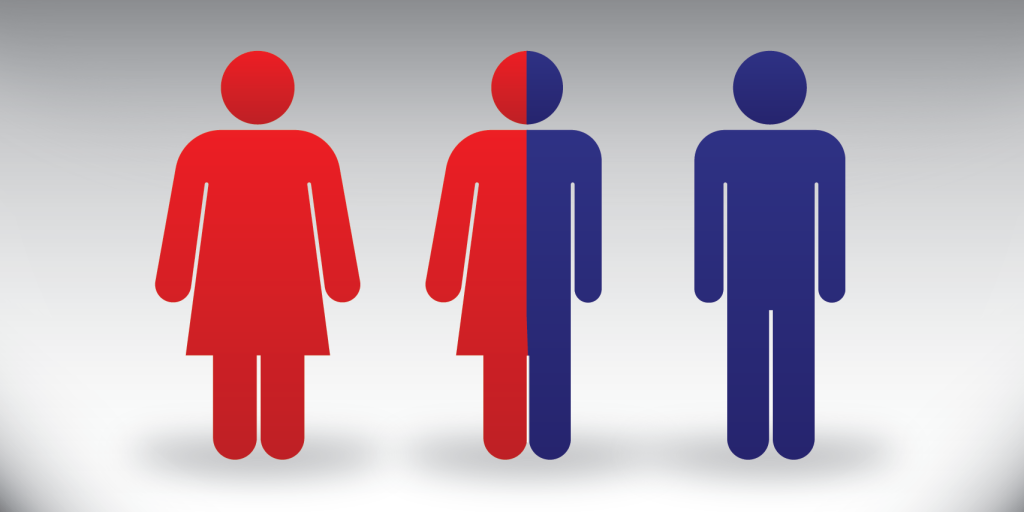
Across our nation there is a deafening debate about the “rights” of those who claim a gender preference or identity other than the one with which they were born. Make no mistake: it is a debate that is happening even here in the very conservative state of Alabama. As I write this, a big-box retailer with multiple outlets in this state has decided to make all of their multi-stall restrooms unisex, with a complete disregard for long-standing law, tradition, and biology. More egregiously, this decision was made with no concern for the privacy and security concerns of their customers. In essence, Target has thrown out the rule in favor of the exception.
In North Carolina, the city of Charlotte passed an ordinance requiring public restrooms to allow persons to use bathrooms according to their own gender self-identification. So if a man identified as a woman, the city of Charlotte would force a restaurant owner to allow the man identifying as a woman to use the ladies’ restroom. Sensibly, the North Carolina legislature passed a law requiring people to use the bathroom that corresponds to the gender on their birth certificate, thus overriding the city of Charlotte’s dangerous ordinance. That law is being litigated even now and Alabama must be ready by the next legislative session to deal with the outcome.
Today, after careful research and review, I have filed a bill to deal with this issue in Alabama. I admire the stand made by the North Carolina legislature. But I chose to come at the problem from a different angle in the event that North Carolina’s law does not prevail in court. It is important that the instigators of social change be confronted with the customs and laws of the various locales they are dealing with.
In Alabama, the courts have long held that the citizens of this state have a right to privacy and a right to feel secure; and that these rights extend not just to the physical, but also to the mental and emotional wellbeing of the individual. The right to privacy of an individual in a place in which they would ordinarily and reasonably expect to be secluded, even where that secluded place is public in nature, has been upheld by the state and federal courts in Alabama for years. By implication this principle would have to extend to restroom, bathroom and changing facilities.
The argument that a self-professed “gender identity” affords access to a facility over the deep concerns of other members of the public is a violation of that right to privacy. Even the liberal Supreme Court Justice Ruth Bader Ginsberg has stated that the notion that a ban on sex discrimination requires unisex restrooms in public places is “emphatically not so.”
So let’s be clear. If the priests of political correctness are going to call for the sacrifice of the privacy and security of the vast majority of the citizenry then there is going to be a fight. If my bill passes, which I believe that it will, the law of this state will reaffirm that privacy and security are inherently and naturally given to the public in this state.
If North Carolina’s law is struck down then my legislation will become a backstop to say that if any person or entity provides public restrooms, bathrooms, or changing facilities then they will do so in one of three ways: a single user facility; facilities separated by the physical gender of the users; or, if facilities are provided in a unisex/transgender manner, an attendant for each facility must be onsite to address any concerns or questions of the general public. Failure to do so would result in civil penalties and provide a private right of action in court for those individuals who have been harmed or aggrieved.
There will be push back on this. Liberals do not agree with anyone having a say in their debate. But my legislation is designed to provide security to the public at large, and this bill could just as easily protect a transgender user of a public facility from being harmed as well. The bottom line is that we have a right to privacy in place now; and liberals should not for a second think that Alabamians will simply stand by and allow the exceptions to throw out the rule.
Phil Williams represents Etowah, Cherokee, Dekalb and St. Clair counties in the Alabama Senate. You may reach Senator Williams by phone at (334) 242-7857 or by e-mail at [email protected]. Follow him on Twitter for the latest legislative updates: @SenPhilWilliams.




